Vietnam: Environmental protection is the responsibilities and obligations of every agency, organization, family household and individual
Environment refers to a system of natural and artificial physical factors affecting the existence and development of human beings and creatures. In view of this important role, Vietnam’s law has set out many specific regulations to ensure the sustainable development of the environment.
Specifically, according to Article 4 of the Law on Environmental Protection 2014 of Vietnam, principles of environmental protection include:
- Environmental protection is the responsibilities and obligations of every agency, organization, family household and individual.
- Environmental protection must harmonize with economic growth, social security, assurance about children's rights, promotion of gender equality, development and conservation of biodiversity, response to climate changes, in order to ensure the human right to live in a pure environment.
- Environmental protection must be performed on the basis that natural resources are properly consumed and the amount of waste substances are reduced to a minimum.
- National environmental protection must conform to regional and global environmental protection; environmental protection must ensure no harm to national sovereignty and security.
- Environmental protection must comply with the natural laws and characteristics, cultural and historical identities as well as the level of socio-economic development of the country.
- Environmental protection activities must be carried out in a regular manner, and prioritize the prevention and control of environmental pollution, emergencies and degradation.
- Any organization, family household or individual, who uses environment components and profits from the environment, is obliged to make their financial contribution to the environmental protection task.
- Any organization, family household or individual, who causes environmental pollution, emergencies and degradation, is responsible to find remedial solutions, pay damages and assume other responsibilities as stipulated by laws.
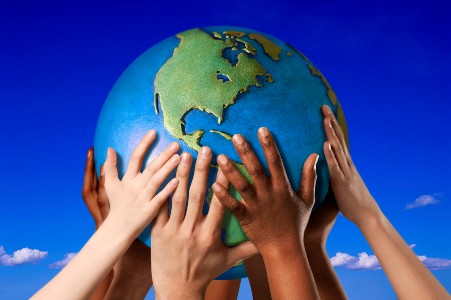
Besides, there are also course of actions that are advised to take to protect the environment, specifically as follows:
- Communicate, educate and mobilize people to participate in the environmental protection, keep the environment clean, protect natural landscapes and biodiversity.
- Protect and use natural resources in an appropriate and cost-efficient manner.
- Control, collect, reuse and recycle wastes.
- Bring forth the response to climate change; develop and use green and renewable energy sources; make a reduction in the greenhouse gas emission and gases causing the ozone layer depletion.
- File an application for registration as eco-friendly establishments and products; manufacture, trade and consume eco-friendly products.
- Conduct scientific researches, technology transfer and apply the technology for the disposal and recycling of wastes, and environment-friendly technologies.
- Invest in establishing plants for the production of devices and equipment used for the environmental protection; supply environmental protection services; carry out the environmental auditing; provide green credits and investments.
- Conserve and develop indigenous genes; produce and import genetic resources which are of high economic value and environmental benefit.
- Erect eco-friendly villages and hamlets at mountainous areas and minority communities, and residential zones.
- Develop organizations and environmental sanitation services in various forms, which shall be autonomously managed by the residential community.
- Form good life styles and habits towards environmental sanitation; eradicate depraved customs that can pose risks to the environment.
- Contribute intellectual, effort and financial contribution to environmental protection activities; enter into public-private partnership in environmental protection.
This is the content specified in Article 6 of the Law on Environmental Protection 2014 of Vietnam.
- Key word:
- Law on Environmental Protection 2014
- Number of deputy directors of departments in Vietnam in accordance with Decree 45/2025/ND-CP
- Cases ineligible for pardon in Vietnam in 2025
- Decree 50/2025 amending Decree 151/2017 on the management of public assets in Vietnam
- Circular 07/2025 amending Circular 02/2022 on the Law on Environmental Protection in Vietnam
- Adjustment to the organizational structure of the Ministry of Health of Vietnam: Certain agencies are no longer listed in the organizational structure
- Vietnam aims to welcome 22-23 million international tourists in Vietnam in 2025
-
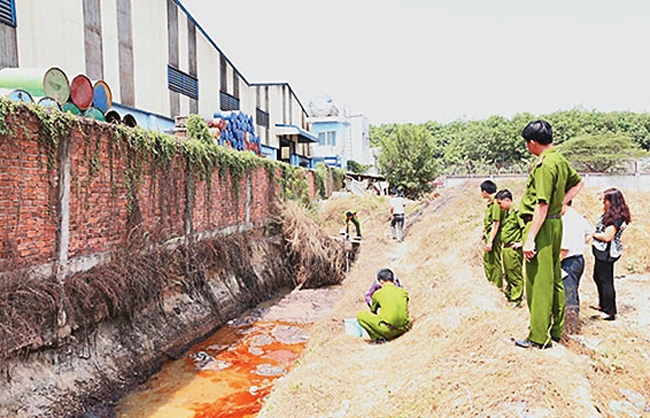
- Vietnam: Enterprises that discharge waste into ...
- 14:50, 27/09/2020
-
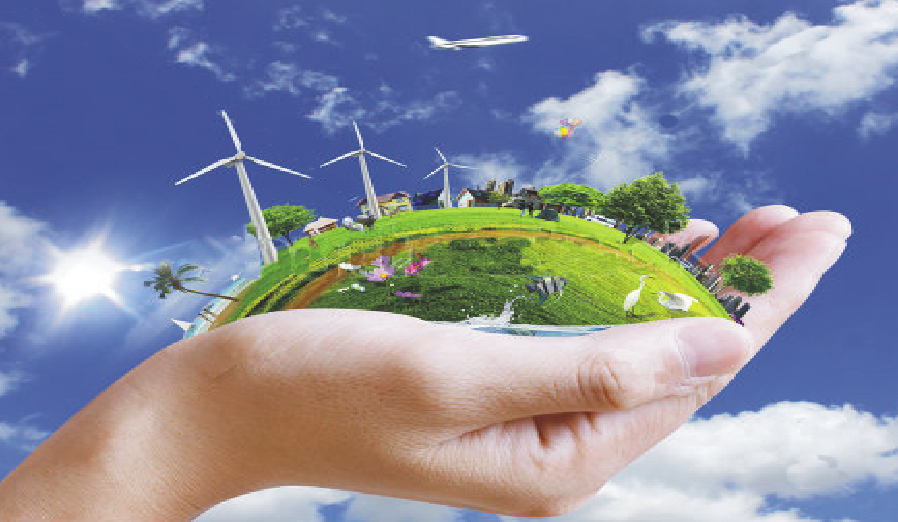
- Illegally extracting natural resources is strictly ...
- 14:28, 03/02/2017
-
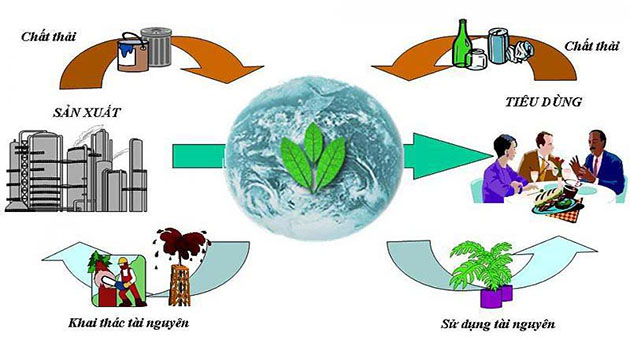
- Basic contents on environmental impact assessment ...
- 14:53, 01/01/2017
-
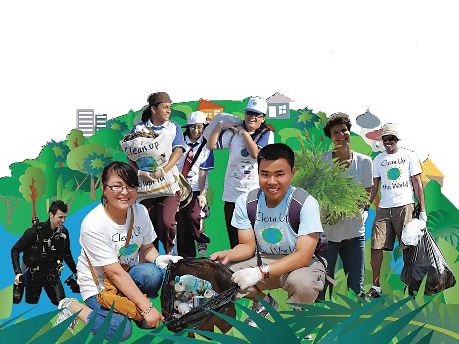
- Vietnam: Perfecting environmental laws to ensure ...
- 17:36, 10/10/2016
-
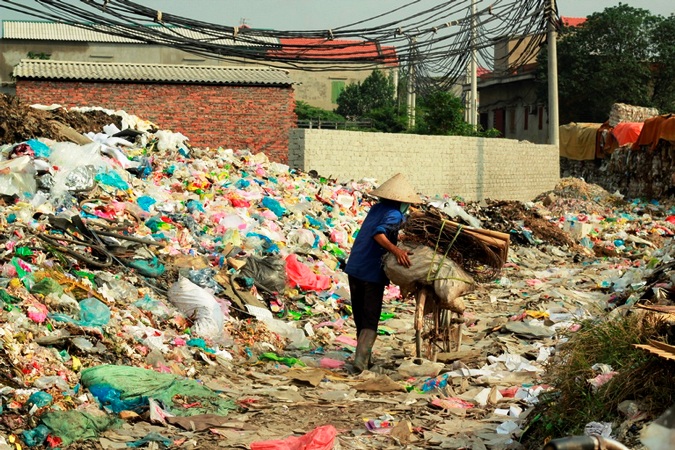
- It is necessary to continue to institutionalize ...
- 17:20, 27/01/2016
-

- Notable new policies of Vietnam effective as of ...
- 16:26, 11/04/2025
-
.Medium.png)
- Notable documents of Vietnam in the previous week ...
- 16:21, 11/04/2025
-
.Medium.png)
- Notable documents of Vietnam in the previous week ...
- 16:11, 02/04/2025
-
.Medium.png)
- Notable new policies of Vietnam to be effective ...
- 16:04, 02/04/2025
-
.Medium.png)
- Notable new policies of Vietnam effective from ...
- 14:51, 21/03/2025

 Article table of contents
Article table of contents
